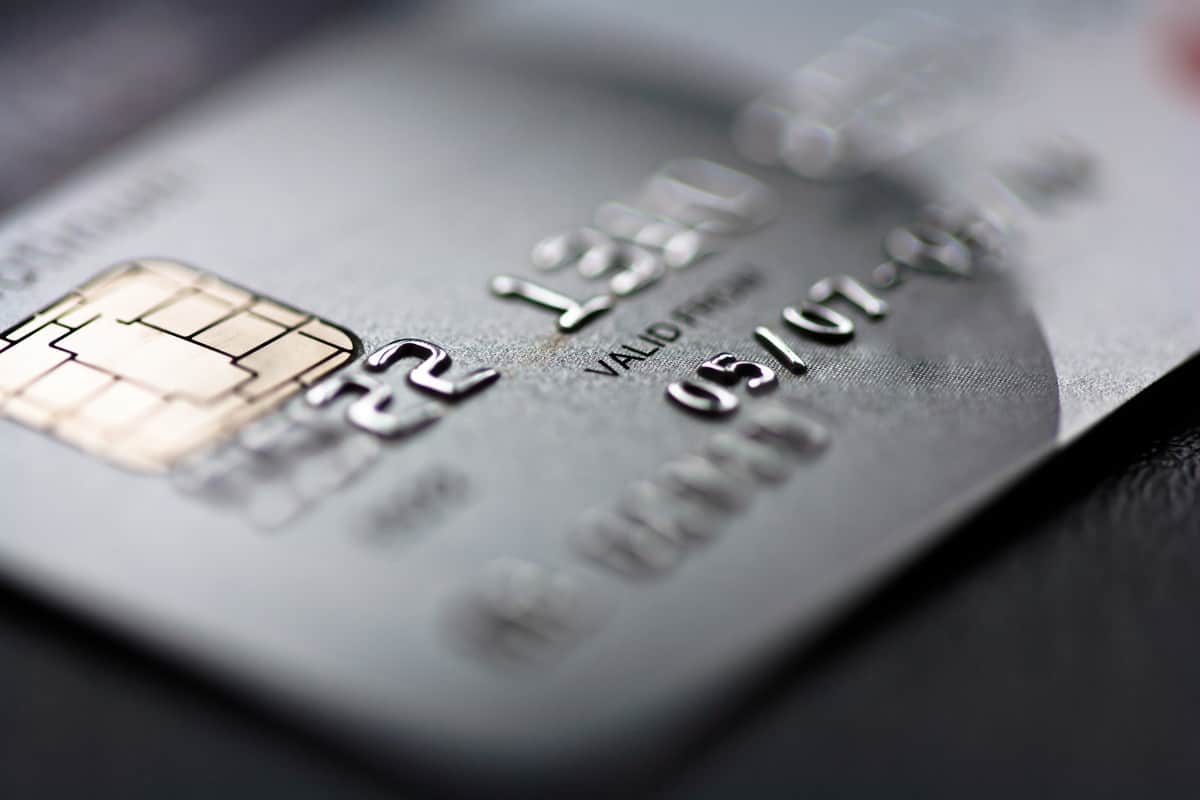If you need to make a big purchase, such as furniture for your new home, but can’t pay for it today, a credit card that offers a 0% introductory APR period on purchases can help. But how should you compare these credit card offers?
“The first thing that consumers should look at is how long the 0% APR introductory period on purchases lasts,” says Logan Allec, a CPA and founder of Money Done Right.
You’ll also want to take a brief look at everything else the cards offer that could benefit you. These features usually include cash back, rewards, welcome bonuses, or other perks. “If one credit card will give you greater rewards on one of your primary spending categories, that card may be more attractive than the other, even if it has a shorter 0% APR introductory period,” says Allec.
Best 0% APR Credit Cards
BankAmericard® Credit Card
Best for: People looking for an extra long 0% introductory APR on purchases and balance transfer offers with no annual fee.
Rewards: This card does not offer rewards.
Other perks: No penalty APR. Paying late won’t automatically raise your interest rate (APR). Access your FICO® Score for free within Online Banking or your Mobile Banking app.
Annual fee: There is no annual fee with this card.
Bonus: This card does not offer a welcome bonus.
Capital One® Quicksilver®
Best for: Someone that wants to earn a welcome bonus and cash back everywhere they make purchases but doesn’t need the longest 0% introductory APR period possible.
Rewards: You’ll receive cash back on all purchases.
Other perks: The Capital One® Quicksilver®credit card offers no foreign transaction fees, auto rental collision damage waiver, travel accident insurance, and extended warranty coverage.
Annual fee: This card does not charge an annual fee.
Bonus: Earn a cash bonus after spending a predetermined amount on purchases within three months from opening your account.
U.S. Bank Cash+™ Visa Signature® Card
Best for: Those that may need to transfer a balance, but are also looking for a nice welcome bonus with cash back rewards.
Rewards: 5% back on two categories you choose — plus 2% back on additional categories.
Other perks: You don’t have to pay a balance transfer fee on balances transferred within 60 days of opening the account. This card doesn’t charge a penalty APR for paying late. You’ll receive purchase protection for 120 days on new qualifying purchases. This protection is for damage or theft on up to $500 per claim and $50,000 per account.
Annual fee: The U.S. Bank Cash+™ Visa Signature® Card does not charge an annual fee.
Bonus: Earn a $150 bonus after you apply online and spend $500 in eligible net purchases.
Chase Freedom Unlimited
Best for: People that want to earn a high cash back rate on their purchases, but don’t need an extended 0% introductory APR on purchases period.
Rewards: For the first year, you’ll earn 3% cash back on up to $20,000 of spending. The rate drops to 1.5% cash back after $20,000 or after your first year, whichever comes first.
Other perks: The Chase Freedom Unlimited card offers extended warranty protection as well as purchase protection. Purchase protection covers new qualifying purchases for up to $500 per claim or $50,000 per account. The coverage lasts for 120 days and covers damage or theft.
Annual fee: This card does not have an annual fee.
Bonus: While not a traditional welcome bonus, the Chase Freedom Unlimited card is offering $150.
Which card might bring the most joy to your wallet?
For someone looking for a very long 0% introductory APR on purchases period, the obvious choice that will bring your wallet the most joy is the BankAmericard credit card.
However, for those that don’t need quite as long of an introductory period, the Capital One Quicksilver card’s welcome bonus, 1.5% cash back rate and other perks will likely make your wallet happier.
Just remember, you should plan to pay off the balance before the 0% introductory APR on purchases period ends. If you don’t, the regular purchases APR will apply, which can be quite a shock after many months without paying interest.



